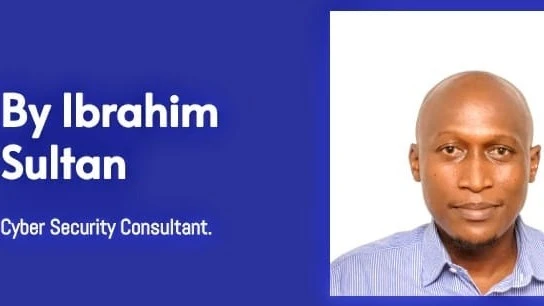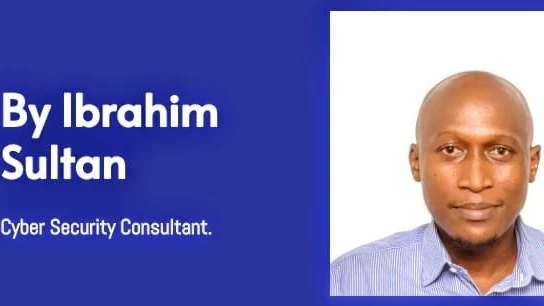The importance of national cyber-security public education

More than ever, our society is dependent on technology, and it greatly influences many facets of who we are. For social and economic obligations, the majority of modern people rely on the internet.
Since most of our activities involve moving information from one location to another, cyber security has become an essential part of our daily lives. Because of this, cyberattacks have become more attractive and potentially dangerous.
Compared to physical attacks, cyberattacks are more convenient, less dangerous, and less costly; nevertheless, they require just few expenses more than just a computer and the internet.
Currently, most people use ICT innovations such as internet to boost economic growth, service delivery flexibility, and efficiency. The highest level of security awareness is necessary while using ICT innovation; otherwise, people run the risk of losing their reputation, their clients' confidence, and their money.
To secure their system accounts, some people use passwords as a cyber security defense. Having passwords and usernames is insufficient to guarantee cyber security. As a result, the risk of cybersecurity is underestimated since a number of complex issues can result in threats and vulnerabilities that go beyond usernames and passwords.
One of the difficulties faced by internet users is realizing that they need to do certain actions but lack the knowledge and guidance to do so.
People must be educated on how to be more secure when using the internet. Resonant messages concerning firewalls, security software, passwords, updates and upgrades. Without knowing the extent of the risk, people cannot appreciate security.
Most people use technology to increase productivity and improve service quality. Cyber security recommended practices and concepts are unfamiliar to most citizens who use computers or mobile phones. For the sole purpose of preventing, identifying, and responding to cyber threats, our people must stay up to date on the latest advancements in cyber security, especially to be able to prevent, identify, and respond to cyber threats.
Hackers may exploit innocent individuals and employ a range of sophisticated hacking techniques to make them victims if people are not well trained in cybersecurity. He may send a phishing email or a link to a malware-infected website, posing as Toyota and giving a free car, claiming to have won a lottery, or claiming to have received a green card. Users' devices are compromised if they click on the link or open the email attachment. A data breach will occur, putting users at risk for harm to their reputation, loss of customer trust, and financial and commercial damages.
In today's complicated threat landscape, hackers target individuals as points of entry into various systems using incredibly complex strategies. Approximately 90 percent of all cyber-attacks are the result of human error caused by ignorance of cybersecurity.
Giving individuals proper cyber security awareness training helps improve their knowledge of common cyberthreats, best practices for cybersecurity, and how to protect their digital assets.
What actions can the government take to increase its level of public cybersecurity awareness?
Despite the fact that cybersecurity is one of the most important issues that government are now dealing with through our National Cybersecurity Strategy, there is still a lack of public cybersecurity awareness and awareness in relation to the number of people who use the internet for various purposes today.
Fastly, there is no magic. Successful governments are those whose citizens have received cybersecurity awareness training on responsible use of ICT resources through a variety of methods, such as a national cybersecurity awareness campaign. The goal of this program is to encourage safe online conduct and practices by bringing together government and ministry agencies that deal with cybersecurity and private enterprises to determine how best to work together to raise public awareness of cybersecurity.
Secondly, since the internet eliminates geographical barriers, the government must create an appropriate approach to reach to people in order to properly execute a public cybersecurity program. People need to learn how to use the internet more securely, including how to recognize and react to questionable conduct.
Finally, public cybersecurity awareness training and campaigns are the first steps in reducing your citizens' vulnerability and improving their comprehension of cyber security dangers. This process is ongoing. This training can improve the security of your people by assisting them in understanding common and modern cyberthreats. People should be aware of the repercussions of failing to take preventative measures against outside dangers.
Ibrahim Sultan is Cyber Security Consultant. These are his personal views. He can be reached through email address: [email protected]
Top Headlines
© 2025 IPPMEDIA.COM. ALL RIGHTS RESERVED

























